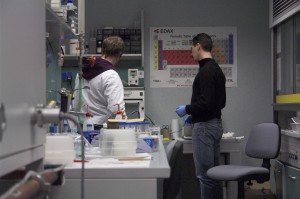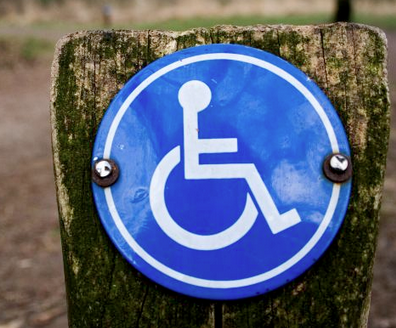by Richard Sagall, MD
This essay first appeared in Pediatrics for Parents (www.pedsforparents.com) Volume 30, issue 7-8
 The doctor saw you or your child and ordered some tests. It may have been a blood panel, a check on urine, or perhaps an X-ray. As you leave the office the doctor says, “I’m sure all will be normal, but I want to be sure. I will call you if there are any problems. Remember, no news is good news!”
The doctor saw you or your child and ordered some tests. It may have been a blood panel, a check on urine, or perhaps an X-ray. As you leave the office the doctor says, “I’m sure all will be normal, but I want to be sure. I will call you if there are any problems. Remember, no news is good news!”
You leave optimistic everything will turn out fine. Then, a few days later you begin to wonder if all the tests came out normal. You haven’t heard from the doctor, but then remember she said she would call if there were a problem.
The real issue is that the “no news is good news” approach is all wrong. It leaves the patient dangling and is open to all sorts of errors and opportunities for miscommunication. Let’s look at what no news could really mean.
1. The specimen never made it to the lab. You know the blood was drawn or the urine was collected, but you don’t know if the specimen was actually sent to the lab. Maybe the specimen was mislabeled or lost. And you never hear about the results.
2. The lab never did the test. Labs are pretty automated, but mistakes do happen. Specimens get mixed up and errors occur. And you never hear about the results.
3. The doctor never receives the results. No one realizes the results never arrive. And you never hear about the results.
4. The report is received by the doctor and gets misfiled. Even with electronic medical records, there’s still a lot of paper in doctors’ offices. The report ends up in the wrong record or wrong pile. And you never hear about the results.
5. The results are abnormal, but no one notices it. No one notices the results are not normal. And you never hear about the results.
6. The results are abnormal, but you are never notified. Staff in medical offices are busy. They may intend to call you, but never do. And you never hear about the results.
None of these events are common, but all can and do occur. In each case you never are notified, so you hope and assume that your results are normal. These possible failures of communication are why you should always request a copy of the results. If the test was important enough to do, then it’s important that you take the final responsibility to make sure the results are properly reviewed and you receive the results, whether they are normal or not.
But there’s another reason you should have a copy of your test results. Families are more mobile than ever now, and it’s rare to have the same doctor or use the same practice over a lifetime (or even a few years). If you move from one town to another, or from one state to another, you need your medical records and test results for your new medical practice. That’s why it’s best you have a copy of all your medical records.
The next time your doctor says “no news is good news” – speak up and say that’s not true. Insist on hearing from your doctor no matter the results and ask the practice to send you a copy. The information is yours and you have a right to it.
 Richard J. Sagall, MD, is the president and co-founder of NeedyMeds. He spent 25 years practicing family and occupational medicine. He now devotes his time to NeedyMeds and Pediatrics for Parents(www.pedsforparents.com), a children’s health newsletter.
Richard J. Sagall, MD, is the president and co-founder of NeedyMeds. He spent 25 years practicing family and occupational medicine. He now devotes his time to NeedyMeds and Pediatrics for Parents(www.pedsforparents.com), a children’s health newsletter.




